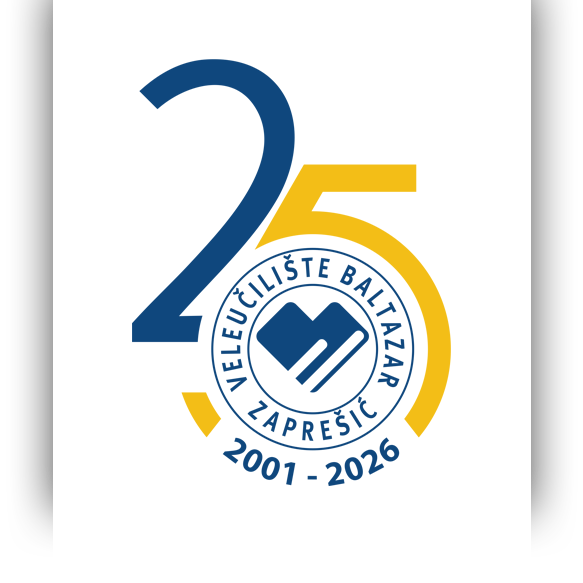- APPLY & ENROLL
-
-
REFERENCES AND QUESTIONS
- Student experiences
- FAQ
-
PRIJAVE I UPISI ZA STUDENTE IZ BIH
- Application procedure and deadlines
-
- ONLINE STUDY
-
-
STUDY ONLINE AT BALTAZAR!
- About online studying
-
Baltazar Zaprešić Polytechnic has been offering online classes in professional undergraduate and graduate studies since the 2023/2024 academic year!
-
FREQUENTLY ASKED QUESTIONS
- FAQ
-
-
-
- STUDY PROGRAMS
- LIFELONG EDUCATION
-
-
CJELOŽIVOTNO OBRAZOVANJE I UČENJE
- ABOUT LIFELONG EDUCATION AND LEARNING
- Become a master of words and images
- Baltazar Project Management Academy
- Accounting Basics for Beginners - Step by Step to Financial Literacy
- Real estate management and valuation
- Contemporary trends in gastronomy
- Voditelj poslova u turističkoj agenciji – Priprema za polaganje stručnog ispita
- Tour guide
- Interpretation of heritage for the development of a tourist product
- Web design in WordPress
- Croatian language and culture for foreigners
- Management of EU projects
- Individualized learning of the German language A1.1
- Free online courses
-
-
- INTERNATIONAL COOPERATION
-
- STUDENTS







